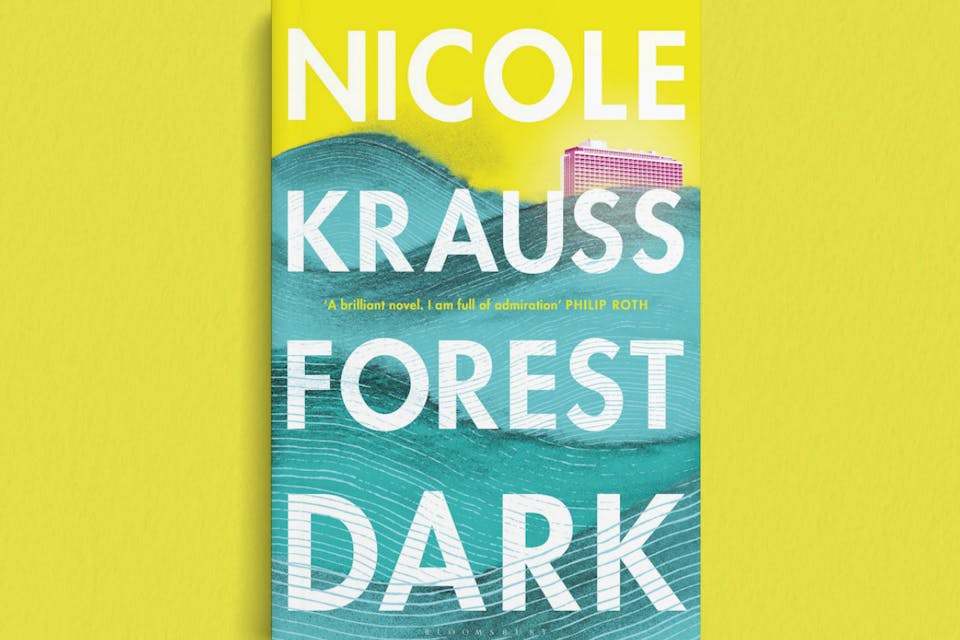
January 31, 2018
Nicole Krauss’s New Novel Plants a Forest. It Fails to Thrive.
Forest Dark is dazzling and promises insight into, among other things, contemporary Israel, but in the end it doesn't deliver.
Now in her early forties, Nicole Krauss has become one of America’s most talked about literary figures—a rare feat for one whose books often grapple seriously with matters Jewish. The author of such acclaimed novels as Great House (named after the 1st-century refuge of learning founded by Rabbi Yoḥanan ben Zakkai) and A History of Love, she has reportedly been translated into 35 languages. Her newest novel, Forest Dark, carries on its cover an enthusiastic blurb from Philip Roth.
Nor is the attention garnered by Krauss—she is regularly depicted as a genius—a mere feat of public relations. She possesses an abundant imagination, an unusual wealth of knowledge, a style at once felicitous and lively, and plentiful wit. She has also mastered all but a few of the novelist’s tricks. By the time you’ve read the opening chapters of Forest Dark, with the title’s quietly knowing allusion to Dante’s Inferno, you might well think you’re in the hands of the one singular hope of American fiction. Only later are you likely to be struck by what’s absent.
The tale related by Krauss in Forest Dark has two strands that seem destined to intersect, since both are partly set at the same hotel in Israel (the Tel Aviv Hilton). The first concerns Jules Epstein, a once highly successful New York lawyer now facing old age and mortality. In Israel, Epstein is shedding his assets as he treks about the country seeking a sense of meaning and permanence. This draws him to a rabbi who has organized an ascetic religious retreat in northern Israel.